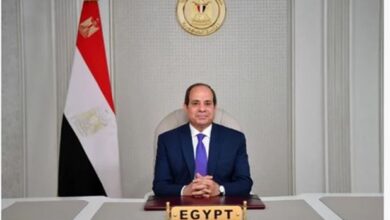Parliamentary election campaigns are coming to a close as the actual voting will start in a couple of days. Candidates have relied on a number of distinct campaign strategies this month, in the lead-up to the 28 November vote.
The first is a social strategy, whereby candidates make sure to spend as much time with the voters in their districts as possible, attending weddings, funerals and all other occasions that offer a chance for a display of fellowship.
Then there are religious and economic strategies. Many campaigners make use of religious occasions, such as Eid al-Adha, to distribute free meat to their impoverished constituencies, especially those suffering from a lack of public services. Candidates will also promise their voters jobs, pave a street or two and perhaps renovate a school to garner more support. Campaigners who already hold high government positions may even promise their supporters exceptional benefits–for example, pledging to exempt farmers who vote for them from certain taxes or penalties for violating agricultural laws.
Candidates use all the media tools at their disposal to deliver their message to voters, including mobile phones, text messaging, e-mail as well as more conventional means like banners and posters.
But most campaigners pay little regard to the legal rules of the game. Many do not abide by the dates set for beginning and ending a campaign. They also place banners on public buildings and mosques, which they are not allowed to do.
Perhaps the most egregious legal violations are to be found in campaign finance. Some go way over the LE200,000 limit that candidates are allowed to spend on the first phase of their campaigns, and the LE100,000 limit set for the second phase. This compromises the principle of equal opportunity as the rich spend much more on their campaigns and thus have a better shot at a seat in parliament.
Such violations bring into question the competence and effectiveness of the High Elections Commission–the highest authority overseeing the electoral process. Many concerns have been raised about the fairness and transparency of Sunday’s elections, including fears about rigging, vote buying, ballot stuffing, improper monitoring procedures, and intimidation at polls. Add to this list flagrant campaign practices.
Translated from the Arabic Edition.




